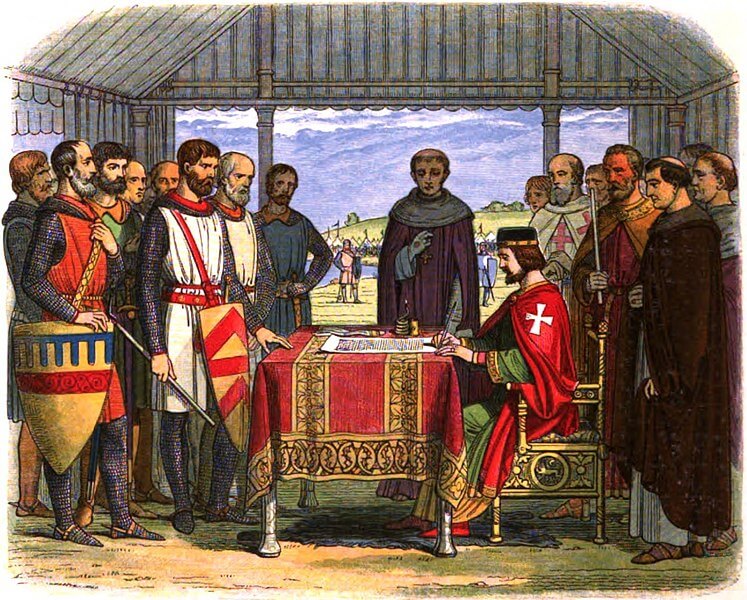I treasure the friends who share their friends. One of those friends, Virginia “Ginny” Hamill, has died.
I met Ginny at The Washington Post in 1969, and we became forever-friends.
Ginny had an admirable ascent from a teleprinter operator to an editor in The Washington Post/Los Angeles Times News Service. She was promoted again to the enviable job as the editor of the news service in London, where she bloomed — and met her future husband, John McCaughey.
Ginny brought wealth into my life — and later to that of my wife, Linda Gasparello — through the introductions to her friends from that London period. They included David Fishlock, science editor of the Financial Times; Roy Hodson, also of the FT; Deborah Waroff, an American journalist; and Guy Hawtin, a rakish newspaperman on his way to the New York Post.
They constituted what I called “The Set.” In London, New York and Washington, we worked at the journalism trade on many projects from newsletters to conferences and broadcasts.
We also partied; it went with the territory.
I once wrote to Ginny and told her how instrumental she had been in all our lives through sharing her friends. I am glad I didn’t wait until obituary time to thank her for her generosity in friend-sharing.
******
I think for many, myself among them, it was a somber July 4. There are dark clouds crossing America’s sun. There are things aplenty going on that seem at odds with the American ideal, and the America we have known.
To me, the most egregious excess of the present is the way masked agents of the state grab men, women and children and deport them without due process, without observance of the cornerstone of law: habeas corpus. None are given a chance to show their legality, call family or, if they have one, a lawyer.
This war against the defenseless is wanton and cruel.
The advocates of this activity, this snatch-and-deport policy, say, and have said it to me, “What do these people not understand about ‘illegal’?”
I say to these advocates, “What don’t you understand about want, need, fear, family, marriage, children and hope?”
The repression many fled from has reentered their luckless lives: terror at the hands of masked enforcers.
I have always advocated for controlled immigration. But the fact that it has been poorly managed shouldn’t be corrected post facto, often years after the offense of seeking a better life and without the consideration of contributions to society.
Elsewhere over this holiday, the media is under attack, the universities are being coerced, and the courts are diminished.
America has always had blots on its history, but it has also stood for justice, for the rule of law, for freedom of the press, freedom of speech. Violations of these values have dimmed the Fourth.
Nonetheless, happy birthday, America. You deserve better: It is guaranteed in the Constitution, one of the all-time great documents of history, a straight-line descendant of the Magna Carta of 1215. That was when the noblemen of England told King John, “Cut it out!”
A few noblemen in Washington wouldn’t go amiss.
******
I was fortunate on my syndicated television show, “White House Chronicle,” along with my co-host, Adam Clayton Powell III, this week to interview Harvey Castro, an emergency room doctor. Castro, from a base in Dallas, has seized on artificial intelligence as the next frontier in healthcare.
He has written several books and given TEDx talks on the future of AI-driven healthcare. I have talked to several doctors in this field, but never one who sees the application of AI in as many ways from diagnosing ailments through a patient’s speech, to having an AI -controlled robot assist a nurse to gently transfer a patient from a gurney to a bed.
A man with infectious ebullience, Castro says his frustration in emergency rooms was that he got there too late: after a heart attack, stroke or seizure. He expects AI to change that through predictive medicine and early treatment.
His work has caught the attention of the government of Singapore, and he is advising them on how to build AI into their medical system.
******
Like everyone else, I spend a lot of time in frustration-agony on the phone when I need to talk to a bank or insurance company and many other firms that have “customer service.” That phrase might loosely be translated as “Get rid of the suckers!”
I don’t know whether the arrival of AI agents will hugely improve customer service, but maybe you can banter with them, get them to deride their masters, even to tell you stuff about the president of the bank.
It might be easier talking to an AI agent than talking to someone with a script in another country before they inevitably, but oh, so nicely, tell you to get lost, as happened to me recently.
You could enjoy a little hallucinatory fun with a virtual comedic friend, before it tells you to have a nice day, and hangs up.

